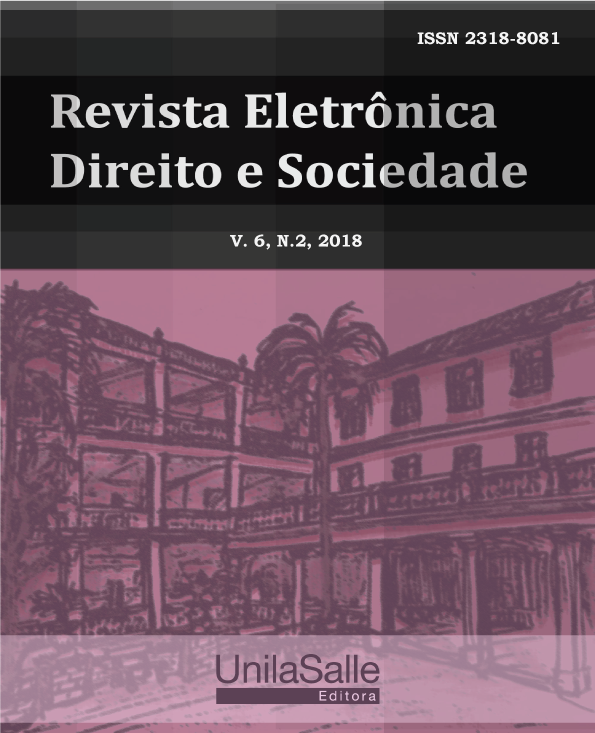New family code of Slovenia (2017): procedural aspect
DOI:
https://doi.org/10.18316/redes.v6i2.4891Keywords:
New Family Code, Transfer of Jurisdiction, Court of Justice, Children, Safeguards.Abstract
Slovenia went in past years through turbolent time in the field of family law: new definitions or redefinitions of marriage have been presented, topics related to the parenthood have undergone changes, the adoption has been the subject of many discussions, there have been two referendums related to same-sex partnerships… Finally, March 23 April 2017, new Family Code was adopted. One of the important changes, brought by the Family Code, are related to jurisdictions in family matters, which have been transferred from administrative bodies to the courts. The aim of this transfer is raise the procedural protection of children. In doing so, the legislator followed the request, that the jurisdictions for substantively similar issues should not be proceed by the different authorities. Due this, the jurisdiction on adoption, foster care and guardianship is transferred to the courts. But there is also a two-track system, in which the family matters could be handled in civil or non-contentious procedures. Regardless of the procedure (administrative, civil, non-contentious), the best interest of the child shall be a primary consideration. Therefore, the Family Code gives special intention also on child protective measures, which represents the obligation of the state to protect the child’s best interests. Child’s interest” is a legal standard, which value has to be made concrete by respecting all circumstances of a single case. Therefore, the courts have to provide proper procedural safeguards, despite of the type of procedures.
Downloads
Published
Issue
Section
License
Authors who submit their manuscripts for publication in the “REDES” Magazine agree to the following terms:
The authors claim to be aware that they retain copyright by giving “REDES” the right to publish.
The authors declare to be aware that the work submitted will be licensed under the Creative Commons Non-Commercial Attribution License which allows article sharing with acknowledgment of authorship and publication in this journal.
The authors declare to be aware that by virtue of the articles published in this journal have free public access.
The authors declare, under the penalty of the law, that the text is unpublished and original and that they are aware that plagiarism has been identified, plagiarized authors will be informed - willingly, to take legal action in the civil and criminal sphere - and, plagiarists will have their access to the magazine blocked.
The authors state that - in case of co-authoring - all contributed significantly to the research.
Authors are obliged to provide retractions and (or) corrections of errors in case of detection.
The authors are obliged not to publish the text submitted to “REDES” in another electronic journal (or not).
The Electronic Journal Law and Society - REDES - is licensed under a Creative Commons License. Attribution-NonCommercial 4.0 International.Based on work available at "http://revistas.unilasalle.edu.br/index.php/redes/about/submissions#copyrightNotice".
Permissions in addition to those granted under this license may be available at http://creativecommons.org/.

